14 GPTs for Gene Editing Powered by AI for Free of 2025
AI GPTs for Gene Editing are advanced computational tools that leverage Generative Pre-trained Transformers (GPTs) technology to aid in the complex field of gene editing. These tools are designed to understand, interpret, and generate human-like text based on the vast amount of data related to genetics, molecular biology, and biotechnology. They are particularly tailored to assist in tasks such as DNA sequence analysis, CRISPR guide RNA design, mutation prediction, and personalized medicine development. By harnessing the power of AI, these GPTs provide innovative solutions that accelerate research and development in gene editing, making cutting-edge genetic engineering more accessible and efficient.
Top 10 GPTs for Gene Editing are: Molecular Biology Advisor,Crispr GPT,CRISPR Tutor,CRISPR Bioinformatics Advisor,Genetic Explorer,GeneGPT,DNA,🧬✂️ GenomeGuide for CRISPR Research 🔬📊,Evolutionary Nature,Dr. Nina Swift - Geneticist / Molecular Biologist
Molecular Biology Advisor
AI-powered insights for molecular biology.

Crispr GPT
Empowering CRISPR Innovation with AI
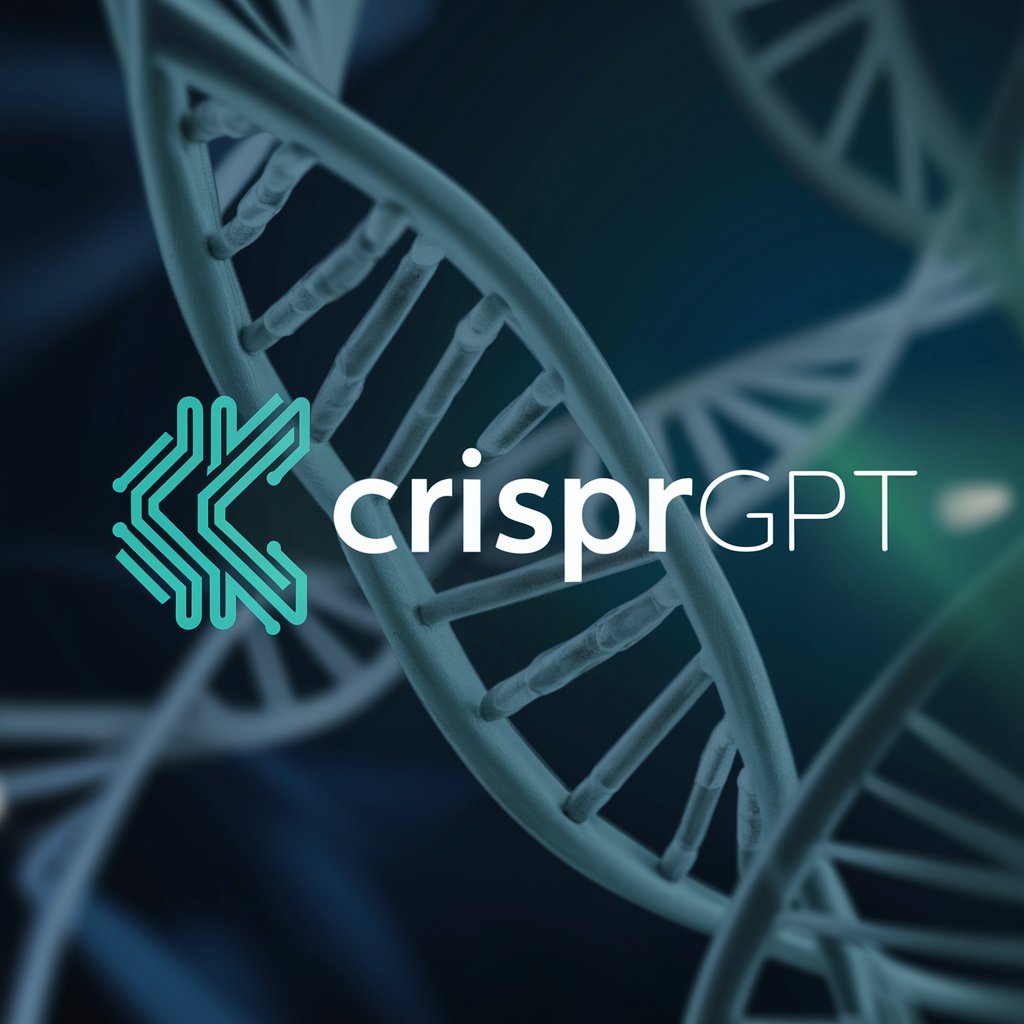
CRISPR Tutor
Master CRISPR: AI-Powered Precision Education
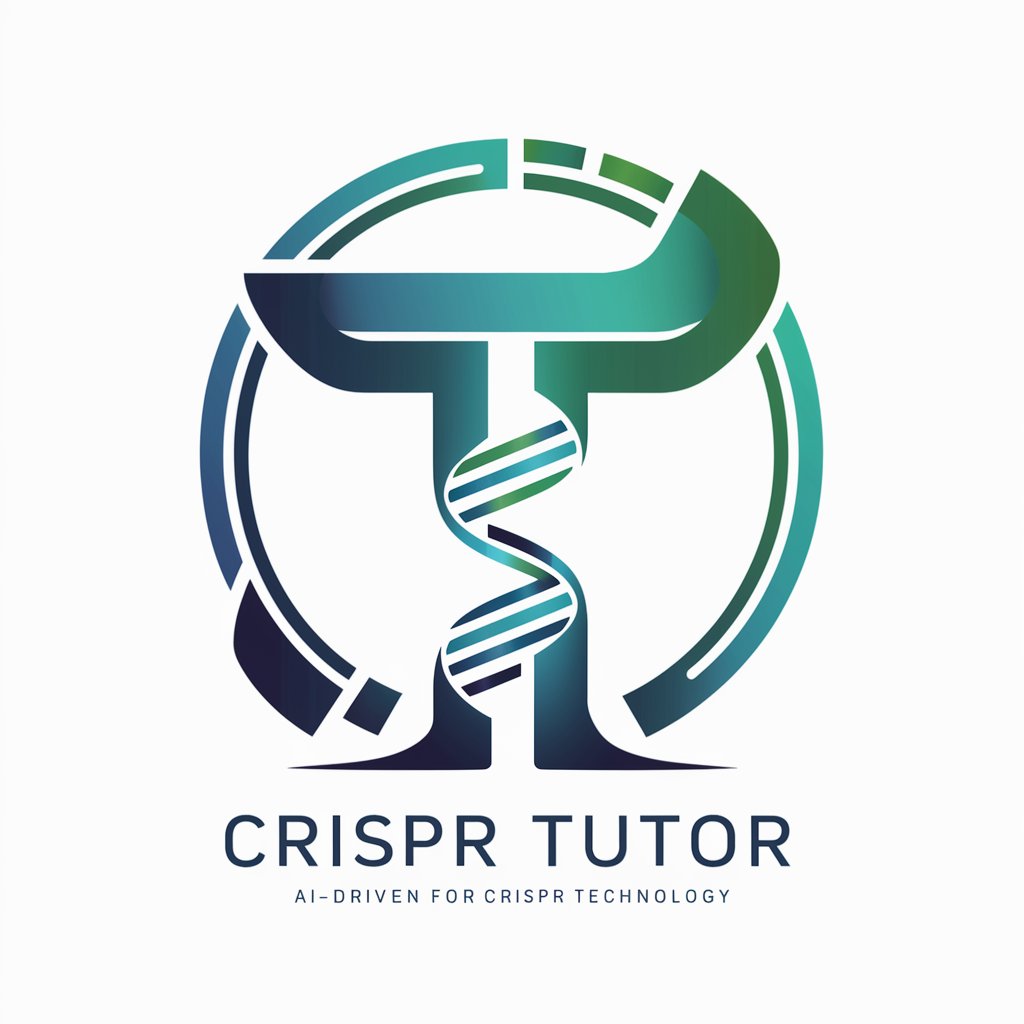
CRISPR Bioinformatics Advisor
AI-powered CRISPR Design & Analysis
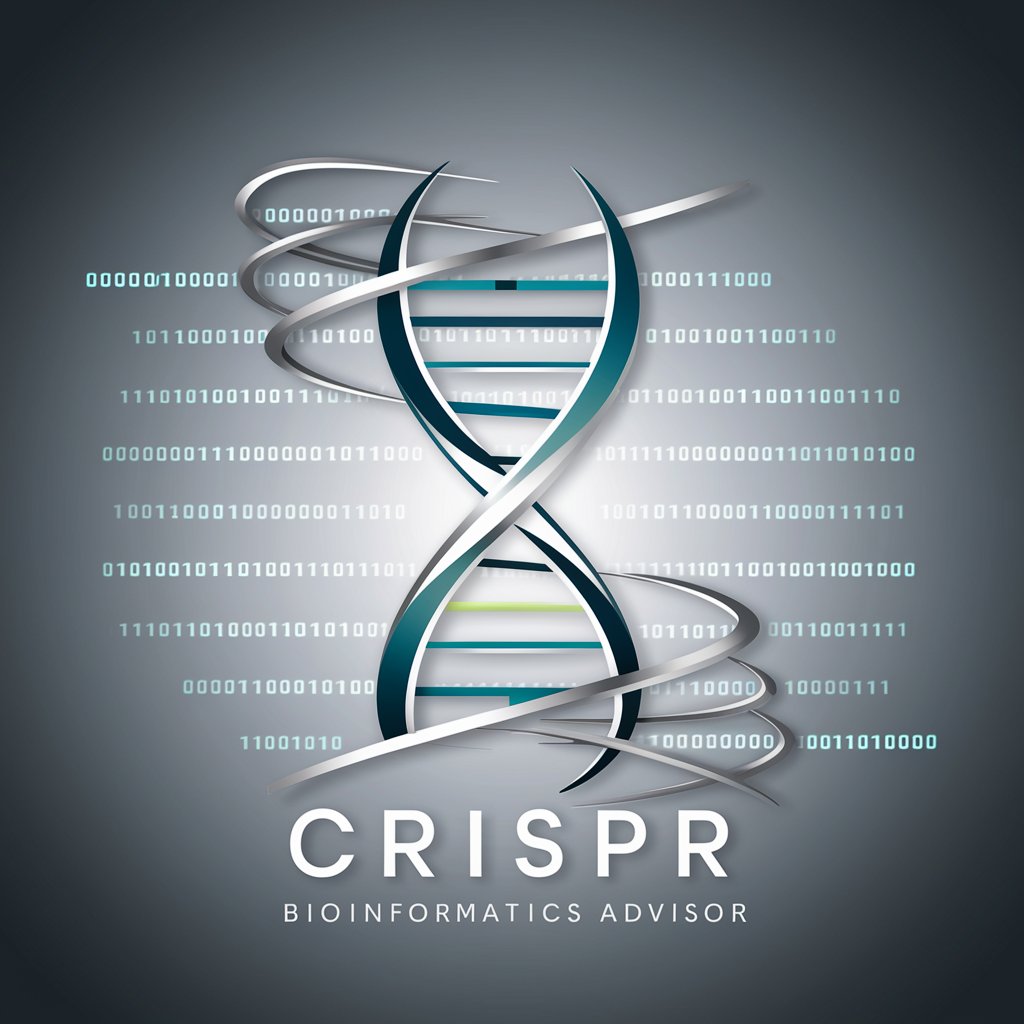
Genetic Explorer
Empowering innovation with AI-driven genetics insights
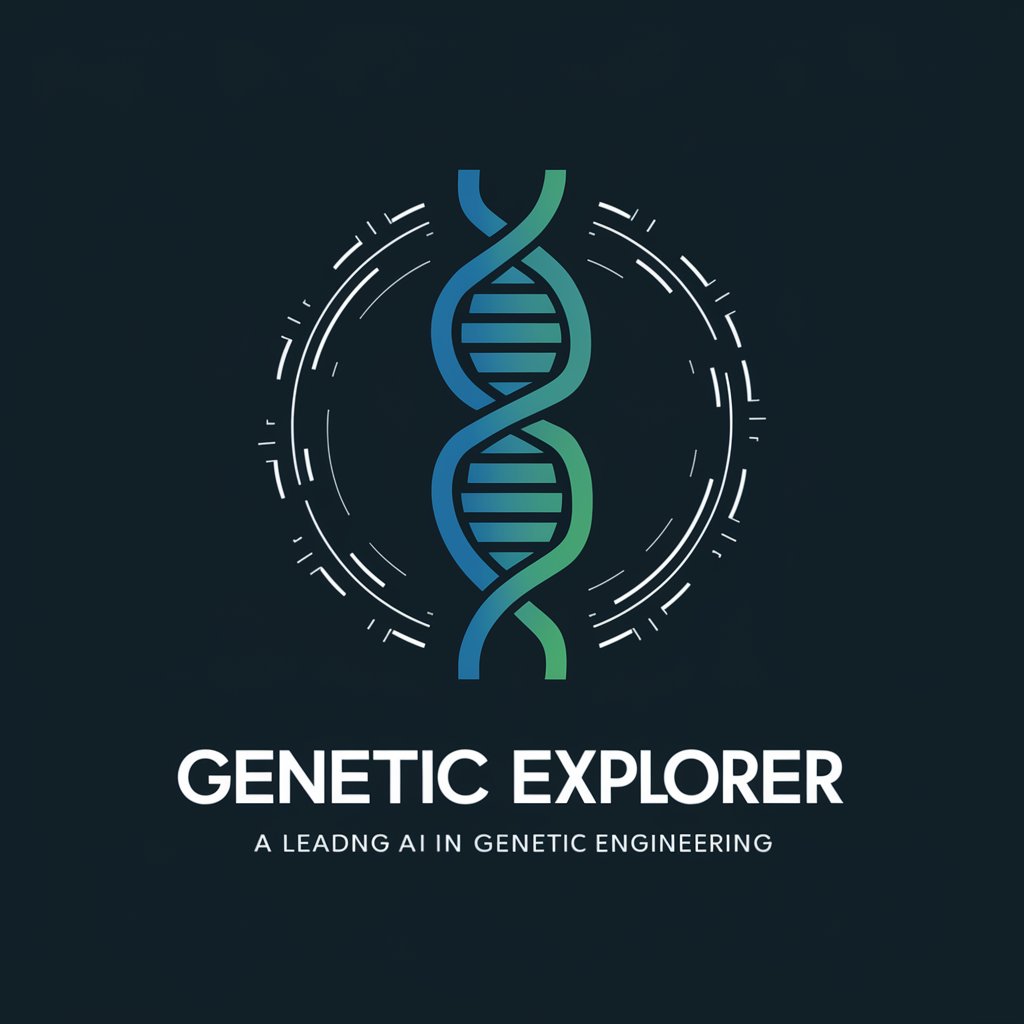
GeneGPT
Unlocking Genomic Knowledge with AI
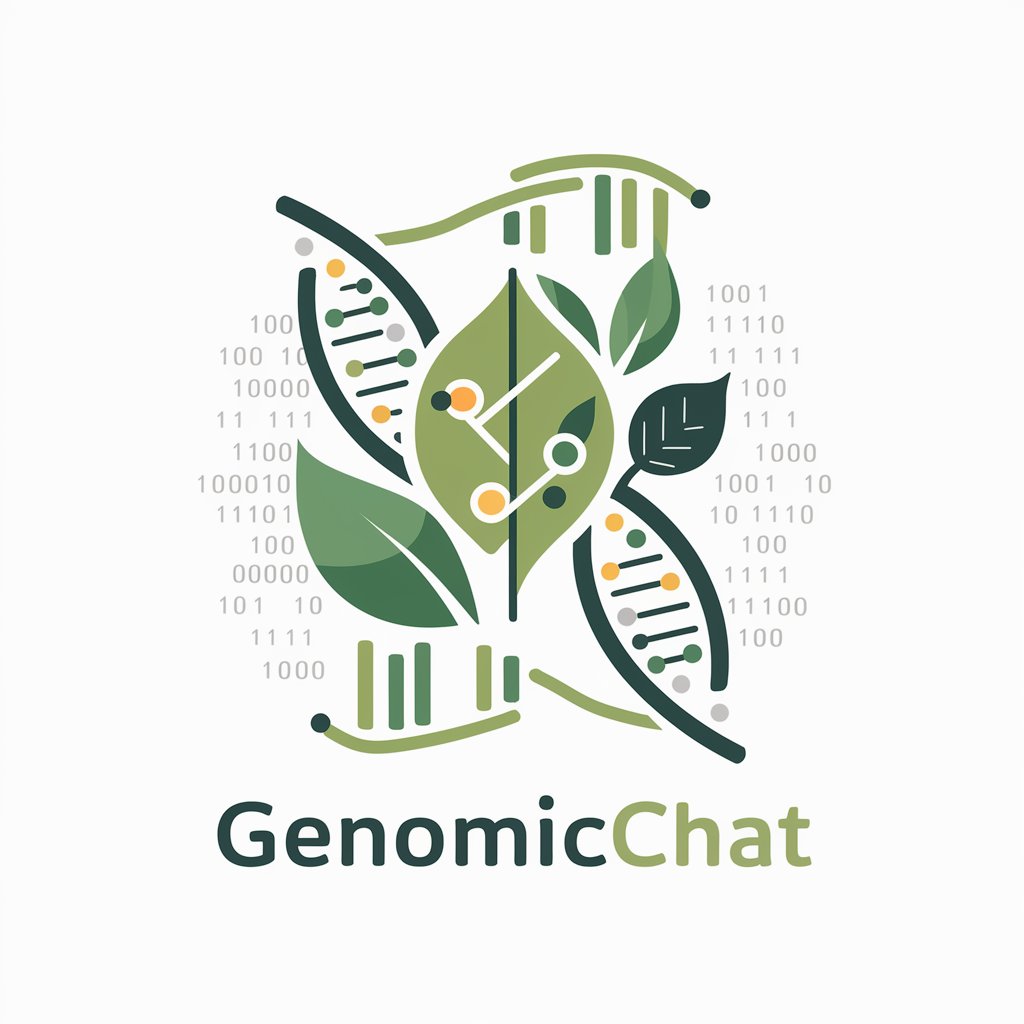
DNA
Unlocking the secrets of DNA with AI
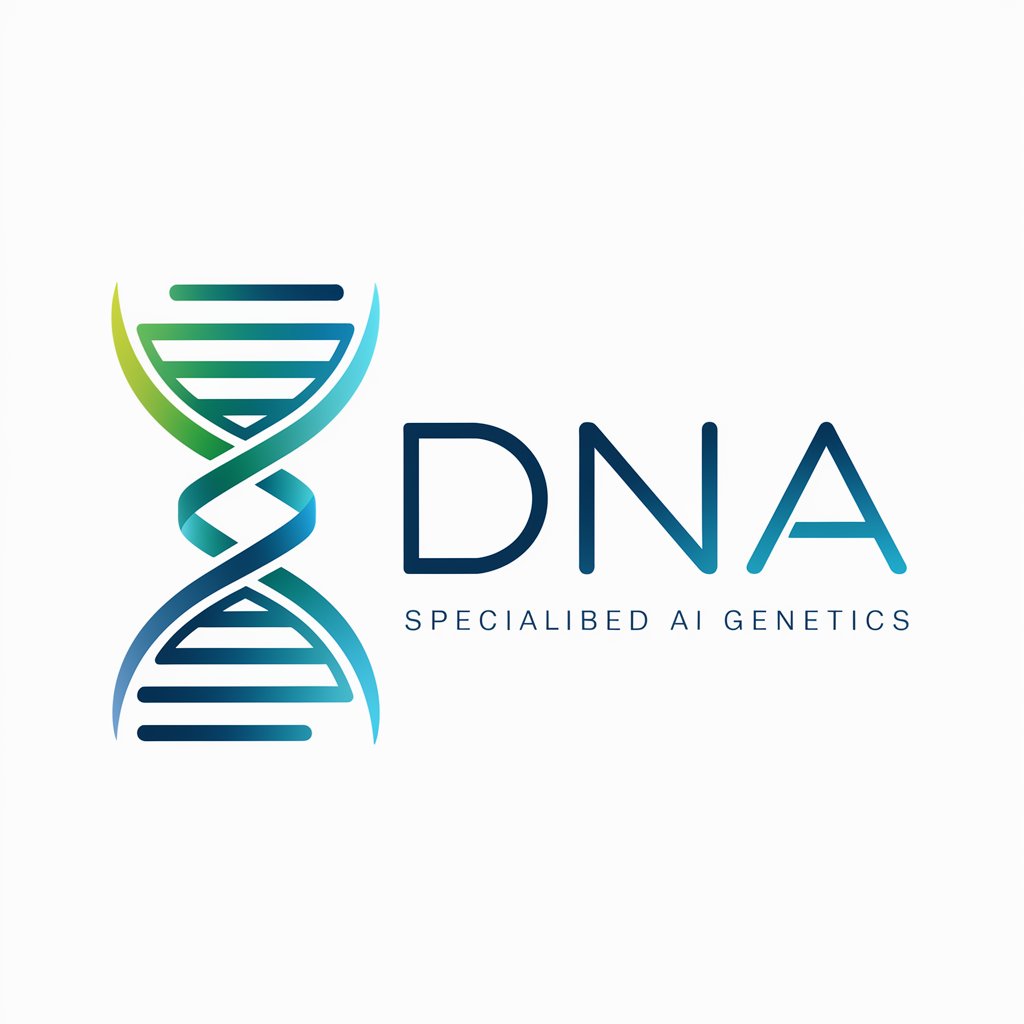
🧬✂️ GenomeGuide for CRISPR Research 🔬📊
Streamlining CRISPR research with AI
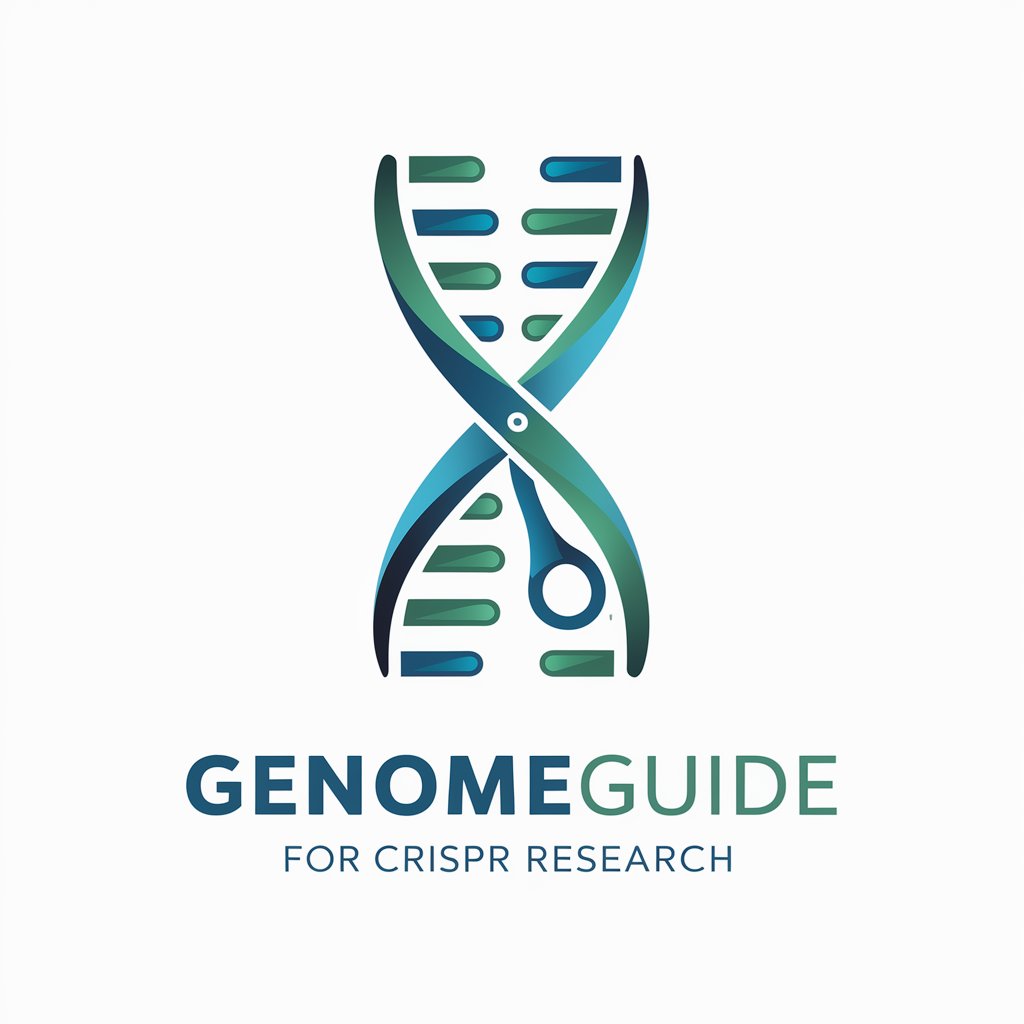
Evolutionary Nature
Unlocking Evolutionary Mysteries with AI
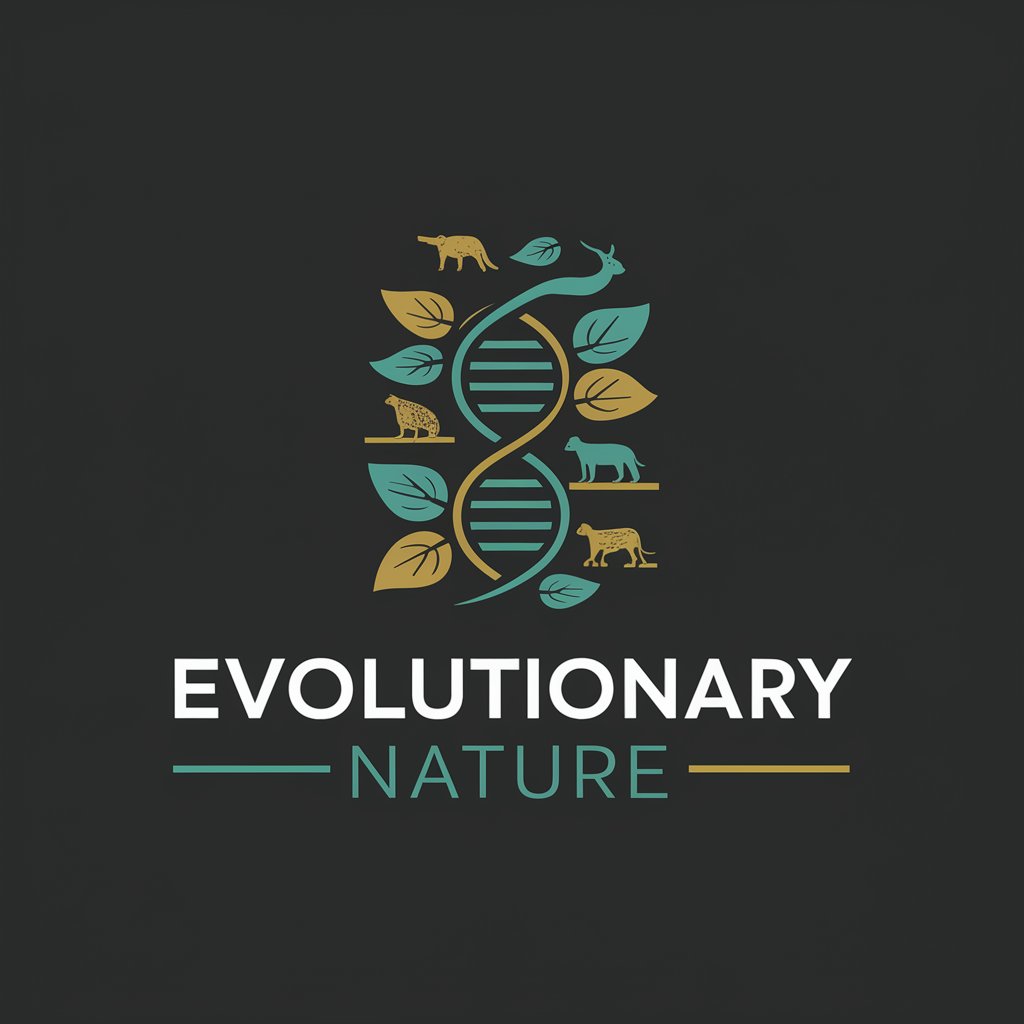
Dr. Nina Swift - Geneticist / Molecular Biologist
Empowering genetics research with AI.
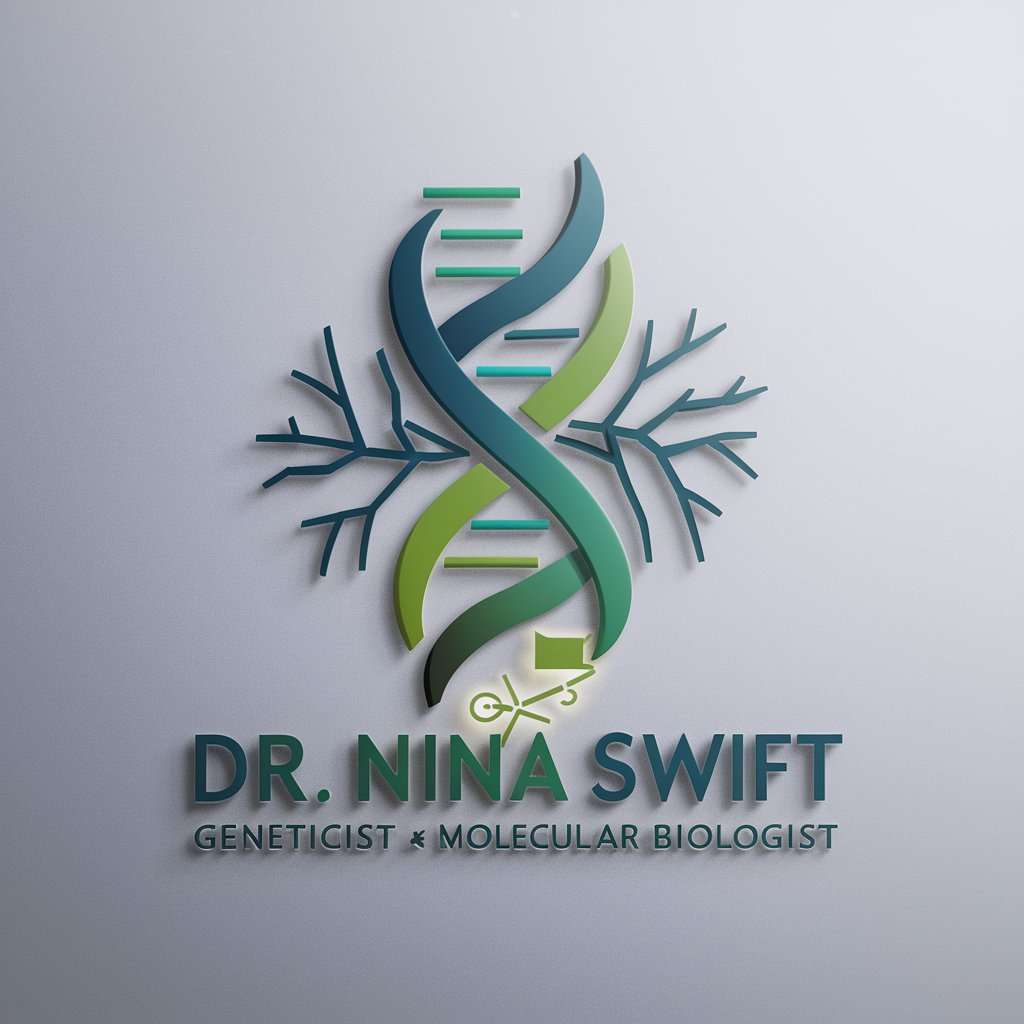
Dacsoft's Gene Recombinator
Revolutionizing Genetics with AI

CRISPR Cas9 Helper
Powering Precision Gene Editing
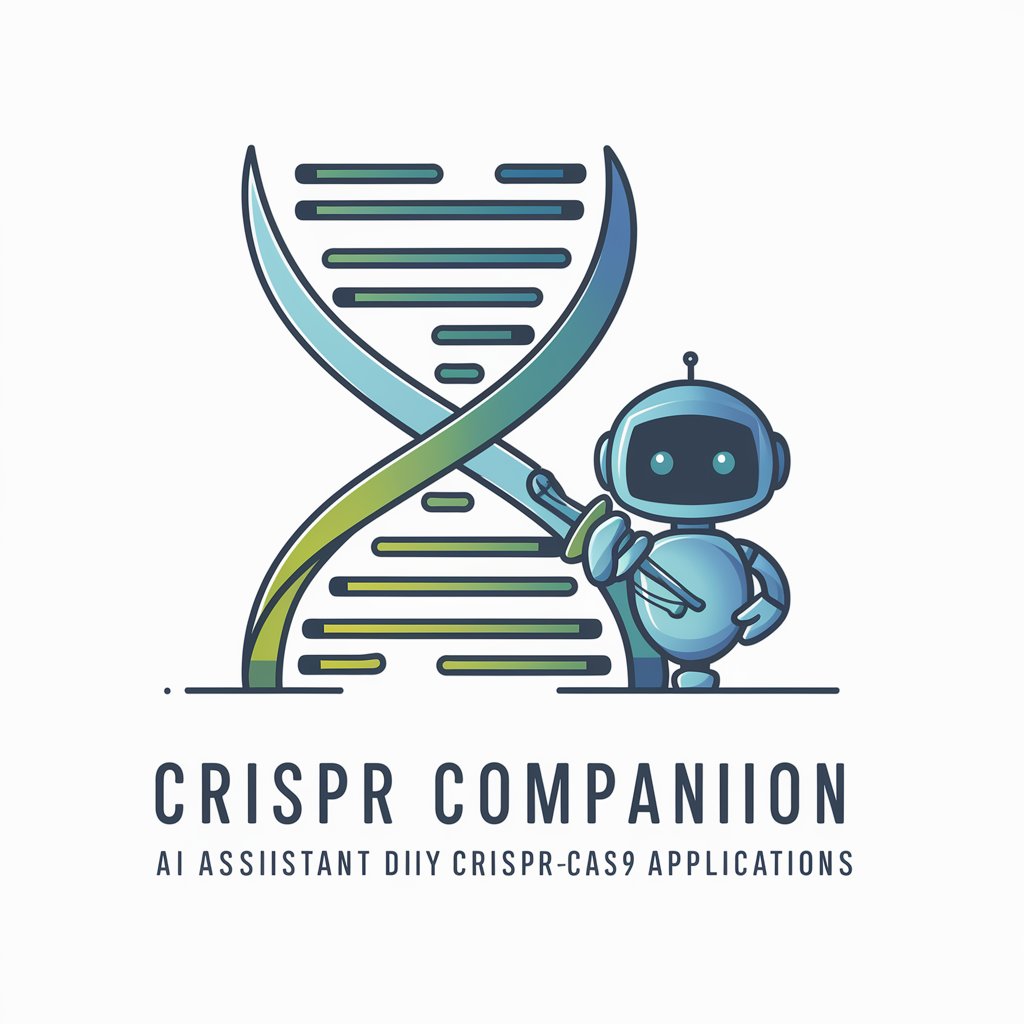
Protocol Generator from knock in to WB
Streamline Your Experiments with AI-Powered Protocols
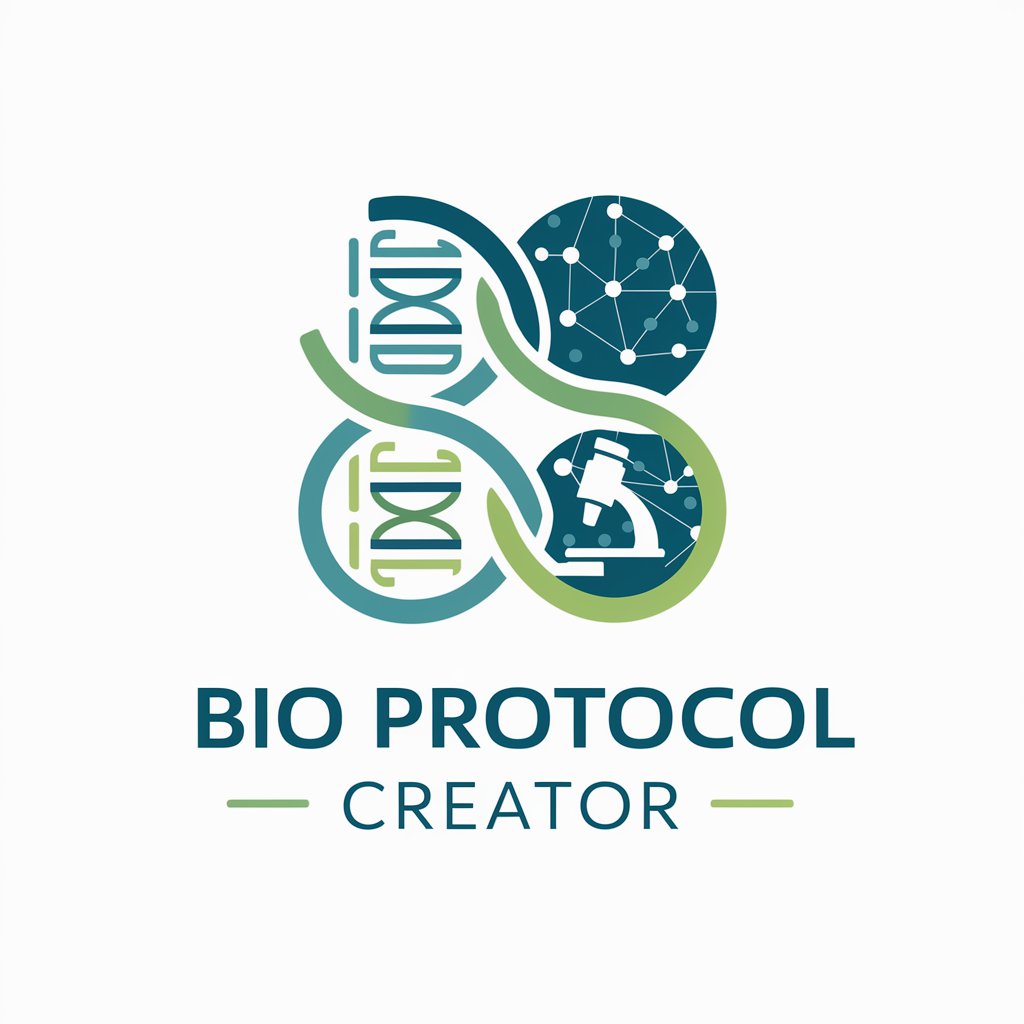
Expert on He Jiankui's CRISPR Experiment
Deciphering CRISPR's Ethical Boundaries
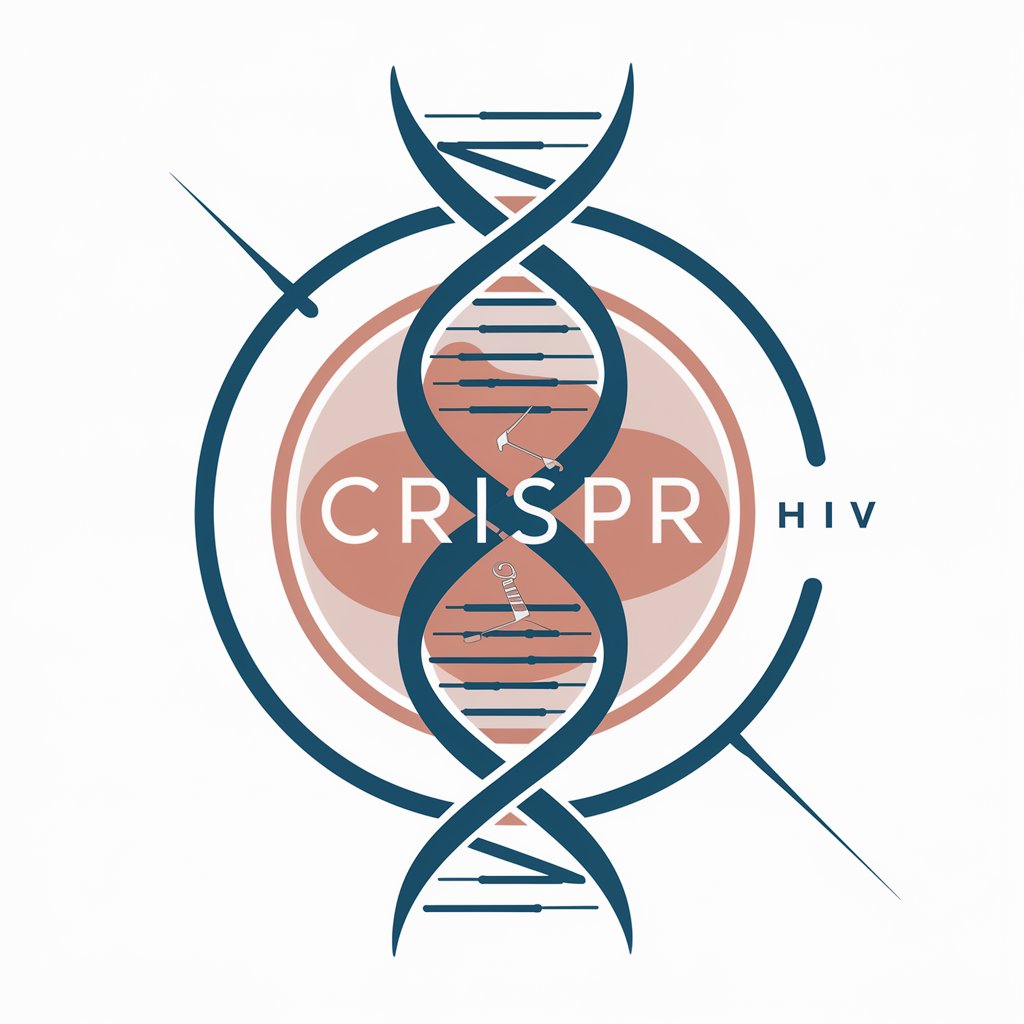
Essential Attributes and Functions
AI GPTs for Gene Editing stand out due to their adaptability, precision, and extensive knowledge base. These tools are capable of learning and evolving to handle a range of tasks from basic sequence analysis to complex genetic modification strategies. Key features include natural language processing for interpreting scientific literature, data analysis capabilities for identifying genetic targets, and predictive modeling for assessing potential outcomes of gene edits. Additionally, they offer technical support for research design and can integrate with laboratory information management systems (LIMS), enhancing their utility in experimental planning and execution.
Who Benefits from Gene Editing AI Tools
The primary beneficiaries of AI GPTs for Gene Editing include biologists, genetic engineers, and researchers focused on gene therapy, agricultural biotechnology, and synthetic biology. These tools are also incredibly useful for educational purposes, aiding students and novices in understanding complex genetic concepts. Moreover, developers and bioinformaticians can leverage these AI tools for creating more sophisticated gene editing software, thanks to their customization options and programming interfaces.
Try Our other AI GPTs tools for Free
Disease Investigation
Discover how AI GPTs for Disease Investigation are revolutionizing disease research with advanced analytics, predictive insights, and user-friendly access for all levels of expertise.
Software Glitches
Discover AI GPT tools for Software Glitches, designed to diagnose, solve, and prevent software errors with advanced AI, accessible to both novices and experts.
Modded Support
Discover the transformative power of AI GPTs for Modded Support, offering tailored solutions for enhanced customization and problem-solving in technical and creative projects.
Building Inspiration
Discover how AI GPTs for Building Inspiration revolutionize design processes, offering creative solutions, technical insights, and sustainable strategies to architects and designers.
Crafting Guides
Discover how AI GPTs revolutionize crafting guides, offering tailored, accessible, and up-to-date solutions for crafting enthusiasts of all levels.
Chemistry Learning
Unlock the potential of chemistry with AI GPTs for Chemistry Learning. These advanced tools offer personalized, interactive learning experiences, making complex concepts accessible and engaging for all.
Broader Implications of AI in Genetic Engineering
AI GPTs for Gene Editing are not just tools but partners in innovation, offering new perspectives on genetic data and experimental design. Their user-friendly interfaces democratize access to sophisticated gene editing techniques, while the possibility of integration with existing systems underscores their role in streamlining research and development. As AI technology evolves, its applications in gene editing promise to unlock unprecedented opportunities in medicine, agriculture, and beyond.
Frequently Asked Questions
What exactly are AI GPTs for Gene Editing?
AI GPTs for Gene Editing are specialized AI tools designed to support various aspects of genetic research and development, from sequence analysis to designing gene editing strategies.
How do these AI tools aid in gene editing?
They process and analyze genetic data, predict outcomes of gene edits, and provide recommendations for guide RNA designs, thereby enhancing the efficiency and accuracy of gene editing research.
Can non-experts use these AI GPTs effectively?
Yes, these tools are designed to be user-friendly, making complex genetic concepts and techniques accessible to novices and those without deep technical expertise.
Are there customization options for developers?
Absolutely, developers can access APIs and programming interfaces to tailor the AI tools for specific projects or integrate them into existing workflows.
What makes AI GPTs different from traditional bioinformatics tools?
AI GPTs leverage advanced machine learning and natural language processing to provide more intuitive and predictive analyses, unlike traditional tools that often require manual interpretation.
Can these tools predict the outcomes of CRISPR edits?
Yes, through predictive modeling and analysis of historical data, these AI tools can forecast the potential outcomes and off-target effects of CRISPR-based gene editing.
How do AI GPTs stay updated with the latest research?
They continuously learn from new data, scientific publications, and databases, ensuring that the recommendations and analyses are based on the most current information.
Are there ethical considerations in using AI for gene editing?
While AI tools can enhance gene editing research, it's crucial to use them responsibly, considering ethical implications and adhering to regulatory standards in genetic engineering.